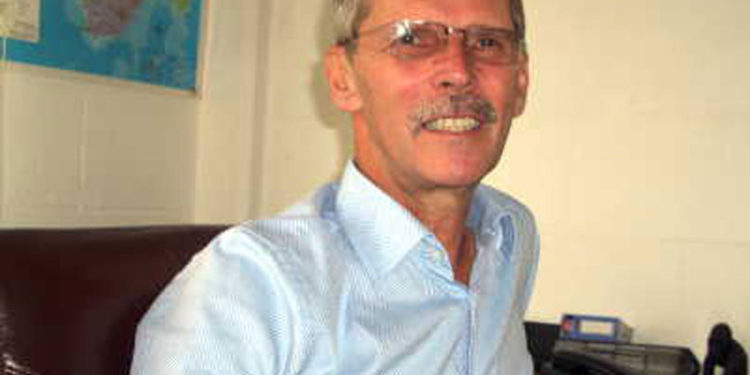Recently I was contacted by three patients who had surgical operations carried out at different hospitals in Kampala. The first patient had started attending a small clinic where she was given various antibiotics. Her symptoms persisted until tonsillectomy was advised. Her son had had his tonsils removed by the same doctor, so when he recommended a small clinic for the procedure she saw no reason to object. Unfortunately things did not go well, and she developed a tonsillar abscess that needed drainage. She was then transferred to a hospital where she was admitted and the drainage carried out. Despite this, she did not make a satisfactory recovery and was therefore transferred to a larger hospital and a more senior consultant – which was a good choice since she developed further complications that needed the best medical attention.
When her husband told me this history I knew that many of her problems were what is known in medicine as ‘iatrogenic’ which means ‘doctor induced’. This does not mean that the doctor treating her was negligent, but that some of the decisions that were made led to complications, which required more interventions, which led to further complications. Iatrogenic conditions can happen to any doctor, but they are less likely to occur if the doctor is experienced, since he has seen it all before and is more likely to be conservative in his methods of treatment. In this case she started with the least experienced doctor in the smaller clinic and ascended the cycle of care until she finished with the senior consultant in the larger hospital.
Another friend called me to say that her sister had been admitted to some small hospital to have major surgery carried out. She then spent seven hours in theatre to have a procedure carried out that should have taken one to two hours. It was obvious that the doctor was very slow and inexperienced in this particular procedure, and the patient had been a guinea pig. Fortunately she survived the operation, but because of the length of time she spent under GA, she developed post-operative complications. None of this need have happened if she had gone to a more established facility with a more experienced surgeon.
In contrast, I received another call from a patient who had been admitted to one of the larger hospitals with an experienced consultant, to say things went well and she was happy with the doctor and the facilities. Some of us treat repairing our bodies like repairing our cars, where we shop around for a juakali workshop where the job can be done cheaper. I am no different; I sometime take my vehicle to in a small workshop in Kibuli if I think I can get the repair carried out more cheaply. The difference between our cars and our bodies is that we only have one body, so if someone messes it up we cannot sell it and get another one. So the mentality that we take our bodies to the juakali clinic may not work out well. Many of these clinics and hospitals are not actually cheaper than the larger hospitals, but we have the mentality that we can save some money and in the process we get cheated. Such clinics normally have cheaper consultation rates, but often dispense more medicines than is necessary, so one ends up spending the same.
If a patient is having an operation, one should ascertain that the hospital has the expertise and the equipment necessary for that particular procedure plus the back-up services necessary, including ICU and a reliable laboratory. There are some smaller hospitals that specialize in certain branches of medicine, such as urology, and although they may not be large, the doctor is very experienced in that particular specialty. However, one should not go to a gynaecologist who says he can also do orthopaedic surgery because he cannot be a specialist in both.
You only have one body and although things can go wrong in any hospital, as a general rule, the more experienced the doctor, the better equipped and well organized the hospital, the better. Avoid doctors who are keen to rush in and perform an operation, unless it is an emergency such as appendicectomy, caesarian section for bleeding or obstructed labour, acute abdomen of trauma.
One should realize that in some cases an operation may not be the first option, but the doctor may be influenced by financial considerations, so you might need a second opinion. Look after your body (it is the only one you will get) so that you can avoid hospitals if possible, but if you need a surgical operation, be selective and choose an experienced and conservative doctor.
Do you have a story in your community or an opinion to share with us: Email us at editorial@watchdoguganda.com













